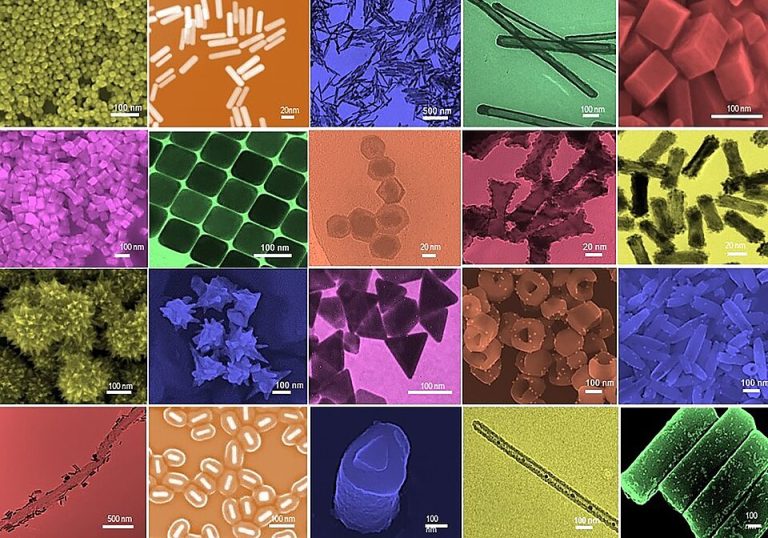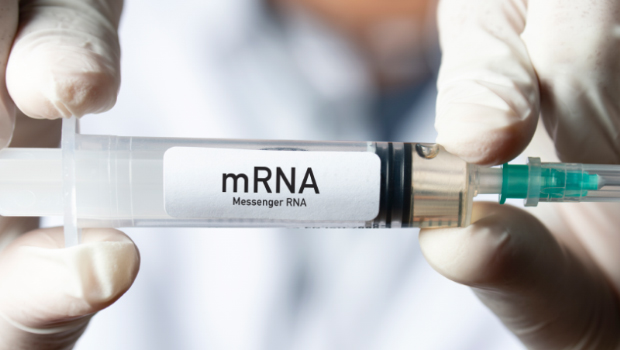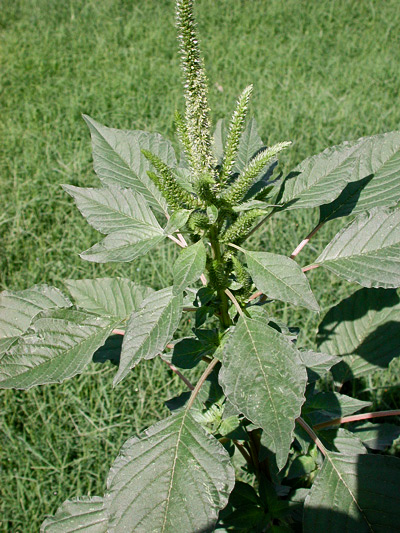
Pesticide
Nanoparticles galore in pesticides
A report by ANSES, published last April, proposes to increase vigilance regarding the use of nanopesticides. These nanometric molecules are highly volatile, which considerably increases their potential for dissemination and contamination, as well as their potential toxic effects on the body. The problem is that not only is their sale unregulated in Europe, but the regulations do not provide for their detection.

Environment
Authorization
Biotech Act : precaution sacrificed in the name of innovation?
In a recent proposal for regulations claiming to “strengthen the biotechnology and biomanufacturing sectors”, the European Commission wants to see these sectors governed by a policy that “balance innovation with safety, equity and environmental protection”. However, the text mainly aims to promote industrial competitiveness and attractiveness to investors. It provides for faster authorisation procedures for “biotechnology products”, a lighter regulatory framework and prioritisation of so-called “strategic” projects in order to reduce time to market.

Health
Authorization
Will the mRNA flu vaccine come into being?
At the end of November 2025, the New England Journal of Medicine published an article on a clinical trial of a messenger RNA vaccine against seasonal influenza. The article was written by researchers working for Pfizer, the company that developed the vaccine. Pfizer is keen to show that its vaccine is more effective than conventional vaccines. However, independent experts have pointed out major omissions and inconsistencies in the publication, which minimise or even call into question the trial’s conclusions.

Development of resistance
Palmer amaranth, an extremely invasive weed, arrives in France
As soon as farmers began using herbicides on a large scale, weeds tolerant to these substances appeared. This is a simple biological phenomenon: living organisms are constantly adapting. The cultivation of genetically modified plants has accelerated this development of tolerance, which has significant agricultural and economic consequences. In France, a highly invasive weed known as Palmer amaranth, which is resistant to several types of herbicides, could soon take hold. This is the fear expressed by ANSES in a report published in December 2025.

Law
New genomic techniques (GMO/NGT)
What “discussion” procedures are imposed on European legislators?
Since July 2023, EU institutions have been engaged in discussions on the proposal to deregulate many GMOs. These discussions follow an established procedure of negotiations between the Council of the European Union, the European Parliament and the European Commission. Complex but logical, this procedure can sometimes confuse those who follow it. Inf’OGM helps you see things more clearly.

New genomic techniques (GMO/NGT)
Patents and NGTs: the singular position of Germany’s main agricultural union
While the deregulation of GMOs obtained through new genetic modification techniques (GMOs/NGTs) is currently under review, the issue of patents continues to provoke contrasting positions within European agricultural organisations. In this context, the position of the Deutscher Bauernverband (DBV), Germany’s main agricultural union, is particularly noteworthy. While in favour of the use of these NGTs, it nevertheless warns of the risks associated with patents. This is an original position among European agricultural organisations.

Economy
Seeds
Limagrain has established a presence in the United Arab Emirates
In June 2025, Limagrain, a French multinational seed company, signed a partnership agreement with Abu Dhabi Developmental Holding Company (ADQ), an Emirati sovereign wealth fund. In early October, this partnership resulted in the creation of a joint venture including a research unit focused on “genetic editing”.

Lobby / conflict of interest
MEPs approached by industry to deregulate GMOs/NGTs
Since the European Commission submitted its proposal to deregulate almost all GMOs in 2023, multinational seed companies and lobbyists have been busy lobbying European institutions to support this proposal. Companies and civil society organizations can request meetings with MEPs. These meetings are listed, at least in part, on the Parliament’s website. In this article, Inf’OGM shows that supporters of GMO deregulation had 59 meetings, compared to 23 for opponents.

Law
New genomic techniques (GMO/NGT)
The European Commission as absolute ruler over GMO and pesticide legislation?
The legislative texts concerning GMOs proposed by the European Commission aim to almost entirely remove the regulatory framework for GM plants and microorganisms. In addition to this deregulation, two new measures have been discreetly slipped in. The first, which is common to the pesticides dossier, would consist of authorising these products without any time limit. The second would give the European Commission full powers over future legislative changes.

